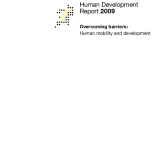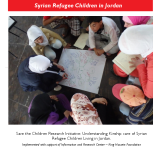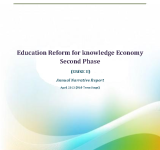Migration;; both within and beyond borders;; has become an increasingly prominent theme in domestic and international debates;; and is the topic of the 2009 Human Development Report (HDR09). The starting point is that the global distribution of capabilities is extraordinarily unequal;; and that this is a major driver for movement of people. Migration can expand their choices —in terms of incomes;; accessing services and participation;; for example— but the opportunities open to people vary from those who are best endowed to those with limited skills and assets. These underlying inequalities;; which can be compounded by policy distortions;; is a theme of the report. The report investigates migration in the context of demographic changes and trends in both growth and inequality. It also presents more detailed and nuanced individual;; family and village experiences;; and explores less visible movements typically pursued by disadvantaged groups such as short term and seasonal migration.



